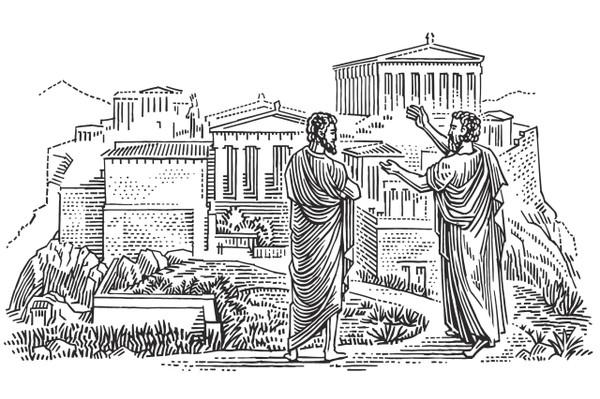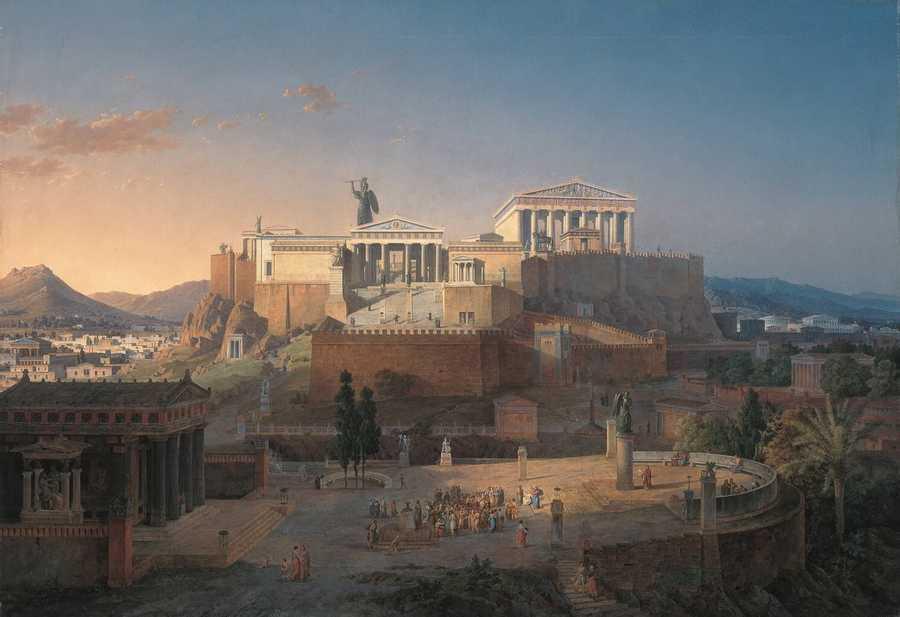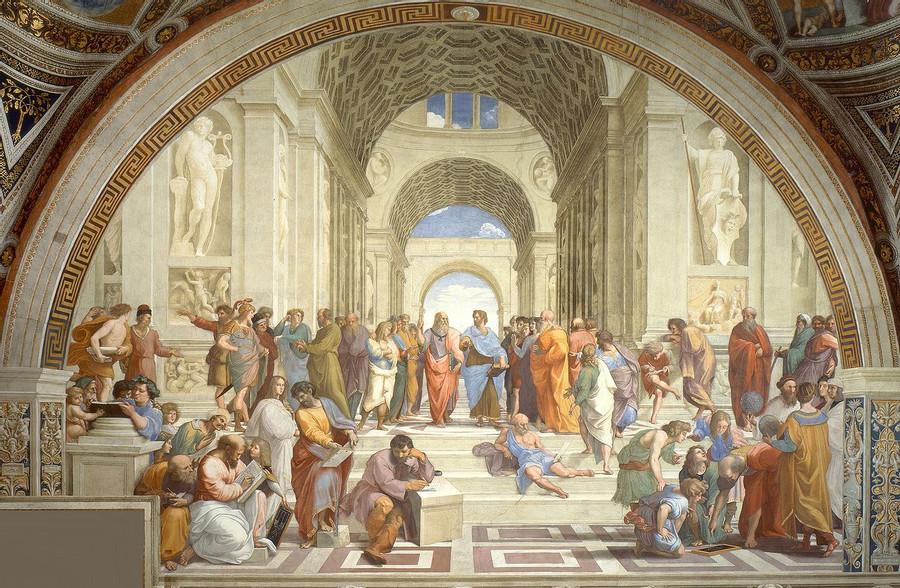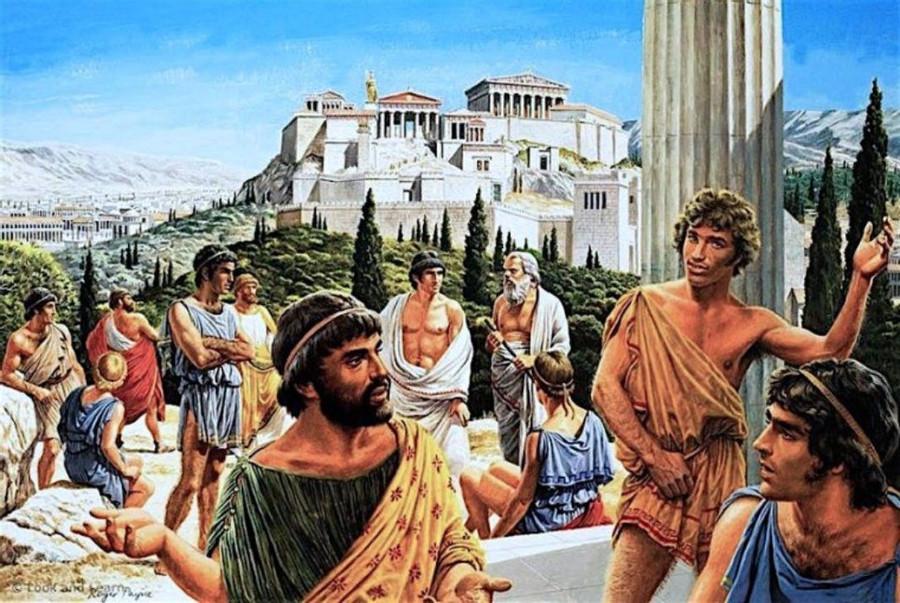Explore the World's Best Ideas
Join today and uncover 100+ curated journeys from 50+ topics. Unlock access to our mobile app with extensive features.
Athens during the Classical era
- The city-state of Athens (5th and 4th centuries BCE) valued intellectual pursuits and open inquiry. That lead to the development of philosophy (the love of wisdom).
- The ancient Athenians' focus on understanding themselves and the world around them provided an intellectual breakthrough in history. Debate and seeking the truth inspired thinkers and influenced the world we live in today.
- Athens likely was named after the Olympian goddess of wisdom, Athena, who was also the city's patron deity. Athena was also the goddess of war and peace, as well as the goddess of craftsmanship and weaving.
139
1.25K reads
The Acropolis of Athens
The Acropolis is a distinctive feature of today's Athens that was built in the 5th century BCE. It is a cluster of buildings on a rocky outcrop. The famous Parthenon temple on the Acropolis was built to honor Athena and to serve the city's treasury.
Athens during the 5th century BCE was lively. The heart of Athens was its marketplace, or Agora (a place where people gather.) The structures surrounding the Agora's market stalls included stone benches, various altars, and temples, a building named the Aiakeion where laws and legal decisions were displayed, and various stoas or covered porticos.
118
695 reads
Athens: An open society
Athens was an unusually open society. It was open to foreign goods, foreigners that were able to attain high-status roles, and the exchange of strange ideas.
Athens borrowed many ideas, such as the Phoenician alphabet, Egyptian medicine and sculpture techniques, Babylonia mathematics, and Sumerian literature, and then improved upon it.
125
674 reads
Slavery in the Ancient World
Slavery was prevalent throughout the ancient world. Most of the enslaved people in Athens were from abroad, often captured in conflicts from farther north.
However, boundaries were often blurred between enslaved and free people. Some persons classified as slaves gathered great wealth, while some free people were poor.
118
726 reads
Athens: The intellectual center
- In the 5th century BCE, Athens housed a significant number of geniuses and innovators, such as the playwrights Aeschylus, Sophocles and Euripides, the historians Thucydides and Herodotus, the physician Hippocrates, and philosophers Socrates and Plato.
- Socrates is known for the Socratic method of inquiry, which uses questions to draw out critical thinking. Plato became the father of idealism and is often thought to be the father of Western political philosophy.
- By the 4th century BCE, philosopher Aristotle was added to the luminaries of Athens. Athens also became home to the forerunners of modern universities, such as Plato's Academy, an institution of higher learning, and the Lyceum, a temple that served as a center for education, debate, and scholarship.
134
720 reads
IDEAS CURATED BY
Jasper Asghar's ideas are part of this journey:
Learn more about philosophy with this collection
The historical significance of urban centers
The impact of cultural and technological advances
The role of urban centers in shaping society
Related collections
Similar ideas
5 ideas
Centers of Progress: Alexandria (Information)
humanprogress.org
5 ideas
Centers of Progress: Chichen Itza (Team Sports)
humanprogress.org
7 ideas
Centers of Progress: Paris (Enlightenment)
humanprogress.org
Read & Learn
20x Faster
without
deepstash
with
deepstash
with
deepstash
Personalized microlearning
—
100+ Learning Journeys
—
Access to 200,000+ ideas
—
Access to the mobile app
—
Unlimited idea saving
—
—
Unlimited history
—
—
Unlimited listening to ideas
—
—
Downloading & offline access
—
—
Supercharge your mind with one idea per day
Enter your email and spend 1 minute every day to learn something new.
I agree to receive email updates



